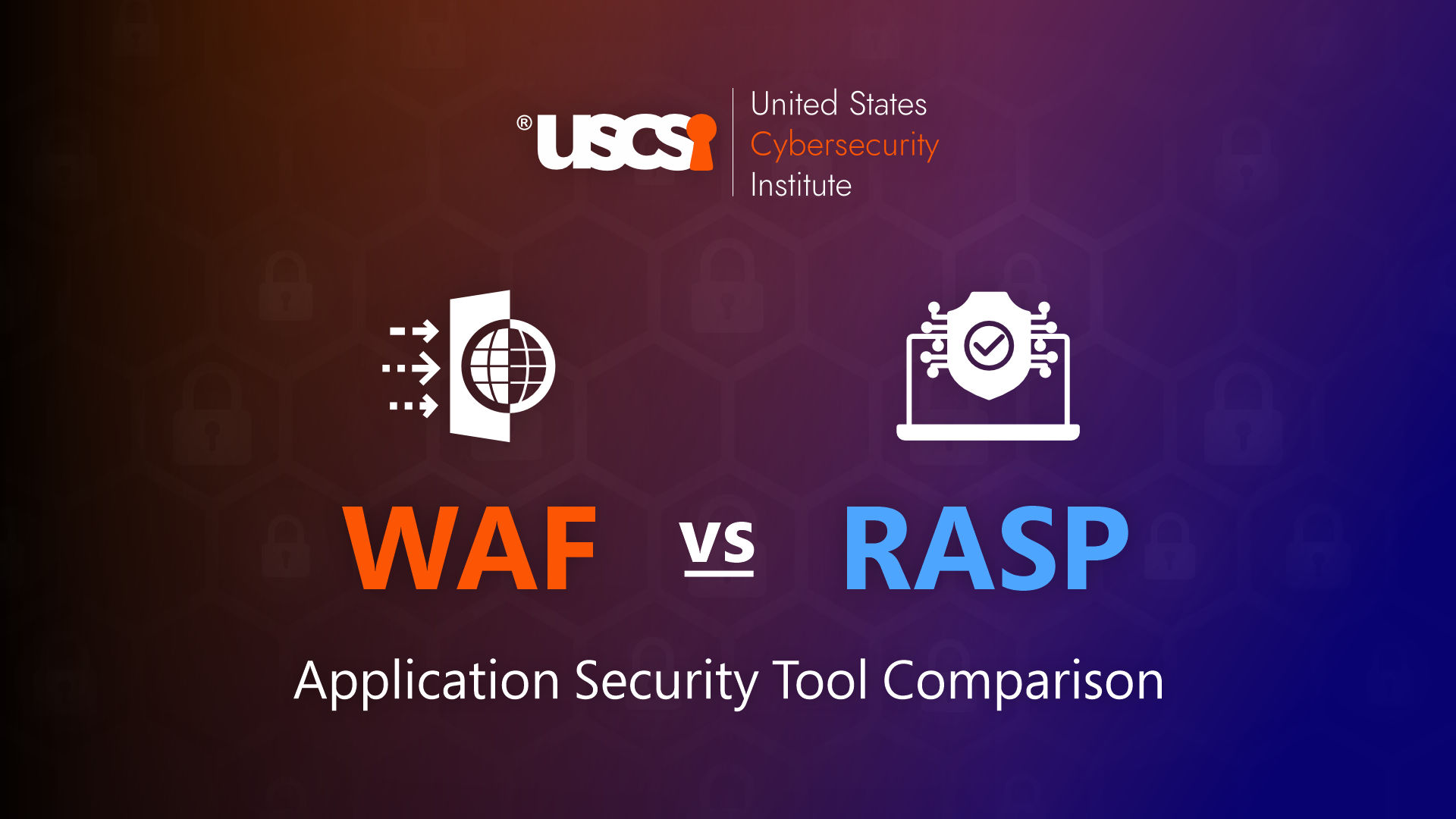

A Thriving Cybersecurity Career from A Novice to an Expert Made Easy
The need for cybersecurity experts has surged in today’s fast-paced world of digital advancements. With the constant evolution of cyber threats, businesses require proficient professionals who can protect their networks and valuable information effectively. If you are contemplating a career in cybersecurity, it is crucial to know how to begin and which competencies are essential for triumph.
Where to Begin?
Cybersecurity is extensive and intricate, often leaving newcomers needing help figuring out where to start. However, you can lay the groundwork for a prosperous career by emphasizing the fundamentals. Before diving into the technical complexities of cybersecurity, it is imperative to grasp the core concepts and principles.
Commence by understanding the diversity of cyber threats encountered by businesses and individuals. Familiarize yourself with standard attack techniques and the fundamental principles of incident response. Various online resources are available to aid you in getting started. Platforms like YouTube, podcasts, and CompTIA offer introductory courses that summarize these subjects.
Here are some key areas to explore when starting your cybersecurity education:
- Network security
- Risk management and compliance
- Cyber analysis and threat intelligence
- Incident response
Mastering Essential Cybersecurity Skills
To effectively tackle the ever-changing landscape of cyber threats, developing and refining your skill set is imperative. Here are four essential cybersecurity skills that can empower you to succeed:
1. Network Security
It encompasses a comprehensive knowledge of network architectures, protocols, and devices. To succeed in network security, focus on mastering critical concepts like firewalls, TCP/IP, and intrusion detection/prevention systems. These essential tools shield networks from diverse cyber threats, including DDoS attacks, malware, and unauthorized access. Additionally, understanding VPNs and encryption is crucial for securing systems and protecting sensitive data during transit.
2. Risk Management and Compliance
Risk management involves identifying, assessing, and prioritizing security risks, while compliance ensures that an organization's security practices align with industry standards and regulations. Mastering these areas can significantly enhance your value and appeal in the healthcare, finance, and government sectors.
3. Cyber Analysis and Threat Intelligence
This expertise involves the capability to gather, analyze, and synthesize information from diverse threat intelligence sources. You can identify vulnerabilities, spot emerging threats, and develop effective countermeasures by mastering threat hunting, reverse engineering, and malware analysis.
4. Incident Response
Incident response professionals detect and analyze security incidents, determine their scope, and impact, and contain and mitigate them efficiently. Effective problem-solving, working under pressure, and proactive communication are crucial aspects of incident response.
Navigating a Career Path in Cybersecurity
The cybersecurity industry has grown substantially due to the ever-changing technological landscape and the escalating cyber threats. Familiarizing yourself with the various career paths available in cybersecurity can provide you with a roadmap for your professional advancement.
Listed below are some stages and roles you may encounter:
- Entry-level roles: These typically require some technology experience or a degree in cybersecurity or a related field. Examples include business analysts, cybersecurity managers, systems administrators, software developers, and security consultants.
- Mid-level positions: As you gain knowledge and experience, you can move into more complex security roles. Mid-level jobs often require advanced certifications such as CISSP and involve security architecture and risk management responsibilities. Examples include cybersecurity analysts, network security specialists, engineers, and Security Operations Center (SOC) analysts.
- Senior-level roles: After gaining several years of experience, you may progress to senior-level positions. These roles involve strategic decision-making, managing cybersecurity teams, and leadership responsibilities. Examples include the security architect, senior security engineer, and Security Operations Center (SOC) manager.
- Executive-level positions: At the executive level, you hold crucial leadership positions overseeing an organization's holistic cybersecurity strategy, IT operations, and risk management. Some prominent examples include chief information security officer (CISO), chief security officer (CSO), chief information officer (CIO), and chief risk officer (CRO).
Tips for Success in Learning Cybersecurity
- Enhance your skills and knowledge- Enroll in online or offline courses taught by experienced professionals who can provide valuable insights and guidance.
- Take online or in-person courses- Enroll in classes taught by industry professionals to gain valuable insights and increase your knowledge base.
- Practice hands-on exercises- Use hands-on exercises and simulations to apply your skills in real-world scenarios. This practical experience is crucial for gaining expertise in cybersecurity.
- Network and join communities- Participate in cybersecurity communities to learn from experts in the field. Engaging with professionals through social media platforms like Facebook can provide valuable networking opportunities.
- Stay up-to-date- Given the dynamic nature of cybersecurity, it is crucial to stay abreast of the latest threats, trends, and news. Stay informed by following reputable sources such as industry publications, authoritative blogs, and trusted news outlets to remain up-to-date with the ever-evolving landscape.
Conclusion
Considering the surging demand for cybersecurity professionals, opting for a career in this field can be prudent with the right cybersecurity specialist certifications gracing your portfolio. By strengthening fundamental concepts, mastering essential skills, and following a well-defined career path, you can position yourself for triumph. Stay informed, engage in continuous learning, and embrace the ever-evolving landscape of the cybersecurity industry. With determination and the right mindset, you can build a gratifying and prosperous career in cybersecurity.





